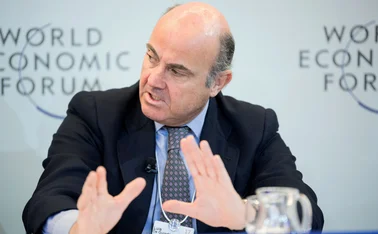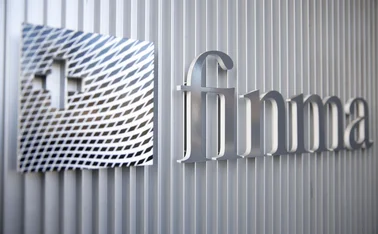

Is the RBI doomed to fail its ‘quest for financial stability’?
Covid-19 has set back progress on hard-won reforms
Two years ago, the Reserve Bank of India (RBI) was in crisis. On December 11, 2018, governor Urjit Patel resigned, unable to reconcile his differences with the government over a series of financial-sector reforms. Relations had deteriorated to the point that the government was threatening to directly intervene in the running of the central bank.
Since then, tensions have undoubtedly simmered down under the governorship of Shaktikanta Das, a career civil servant. And despite Patel and his
Only users who have a paid subscription or are part of a corporate subscription are able to print or copy content.
To access these options, along with all other subscription benefits, please contact info@centralbanking.com or view our subscription options here: http://subscriptions.centralbanking.com/subscribe
You are currently unable to print this content. Please contact info@centralbanking.com to find out more.
You are currently unable to copy this content. Please contact info@centralbanking.com to find out more.
Copyright Infopro Digital Limited. All rights reserved.
As outlined in our terms and conditions, https://www.infopro-digital.com/terms-and-conditions/subscriptions/ (point 2.4), printing is limited to a single copy.
If you would like to purchase additional rights please email info@centralbanking.com
Copyright Infopro Digital Limited. All rights reserved.
You may share this content using our article tools. As outlined in our terms and conditions, https://www.infopro-digital.com/terms-and-conditions/subscriptions/ (clause 2.4), an Authorised User may only make one copy of the materials for their own personal use. You must also comply with the restrictions in clause 2.5.
If you would like to purchase additional rights please email info@centralbanking.com








